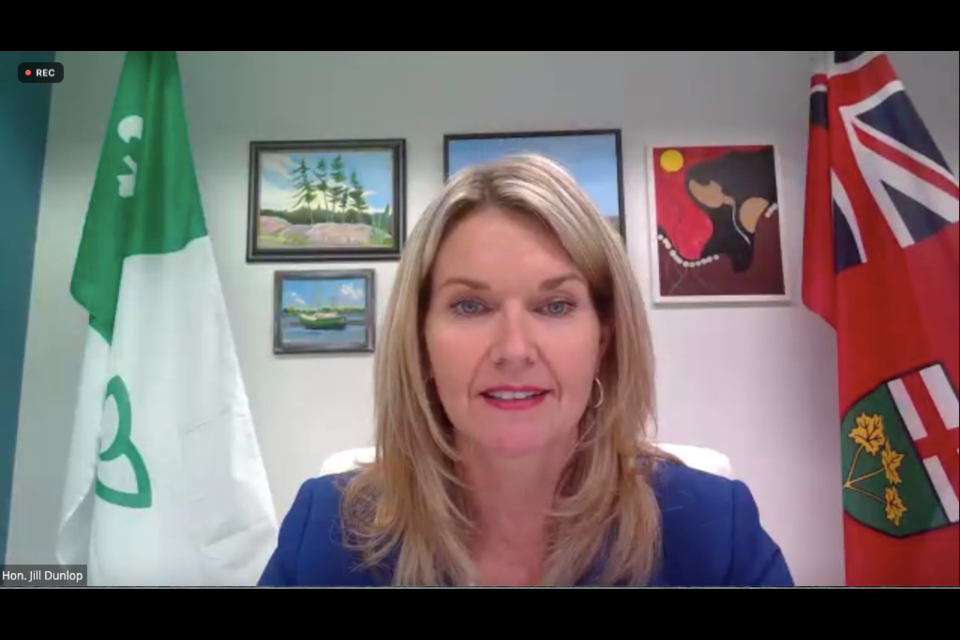The Ontario government has released its plan to eliminate the root causes of violence against Indigenous women, children and 2SLGBTQQIA+ people.
The action plan, unveiled by Associate Minister of Children and Women’s Issues Jill Dunlop today, is called Pathways to Safety: Ontario’s Strategy in Response to the Final Report of the National Inquiry into Missing and Murdered Indigenous Women and Girls.
In 2019, the National Inquiry into Missing and Murdered Indigenous Women and Girls (MMIWG) was released after more than two years of public hearings, evidence gathering and collecting testimony from family members and survivors of violence. The two-volume report has 231 calls for justice directed at all levels of government, institutions and social service providers.
Ontario's plan aims to address anti-Indigenous racism and eliminate the root causes of violence against Indigenous women, children and 2SLGBTQQIA+ people, while also building on foundational programming, a prevention campaign and public education.
The strategy has 118 initiatives under six pathways — security, culture, health, justice, responsibility and accountability, and identifying and addressing systemic anti-Indigenous racism and Indigenous gender-based analysis.
“While we cannot undo the tragedies of the past, through this strategy we’re committing to providing supports to ensure the safety of future generations of Indigenous women, children and 2SLGBTQQIA+ people,” Dunlop, the MPP for Simcoe North, said at the event.
According to the 2018 Statistics Canada survey, more than six in 10 Indigenous women or 63 per cent have been sexually or physically abused since the age of 15, compared to 45 per cent or more than four in 10 non-Indigenous women.
In 2014, the rate of homicide of Indigenous women was almost six times higher than non-Indigenous women, according to the Department of Justice.
“Violence doesn’t know boundaries," Cora Mcguire-Cyrette, Ontario Native Women's Association (ONWA) executive director and Indigenous Women’s Advisory Council co-chair, said at today's virtual announcement.
"We have to have a coordinated approach across Canada. We have to look at how our systems are going to talk to each other. How our coroner system is going to talk to all the jurisdictions across Canada so that we don’t have unclaimed Indigenous women because we don’t have a communication system there. That’s the systemic change that we need to unpack."
The plan was developed in collaboration with Indigenous organizations and communities.
“It also became clear any efforts to address root causes of violence cannot succeed unless they’re led by Indigenous people, particularly Indigenous women,” Dunlop said.
The province’s Indigenous Women’s Advisory Council, established in 2020, has also been extended beyond March 2022.
